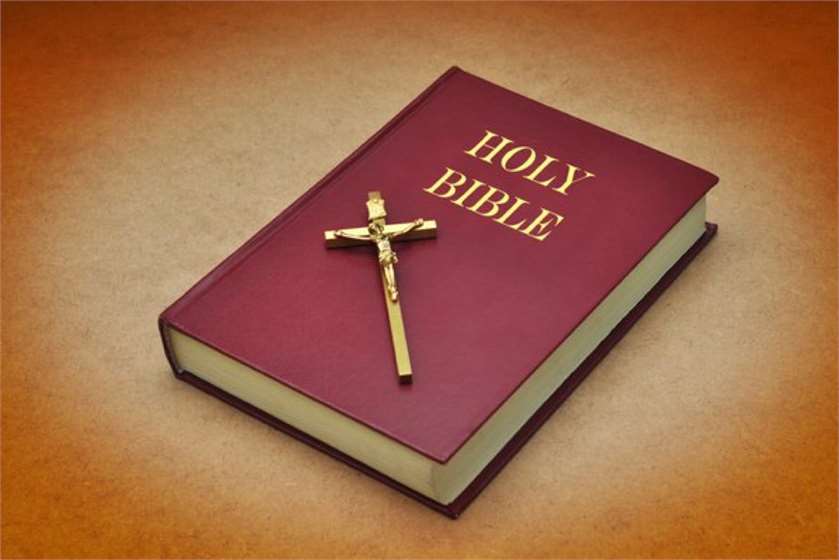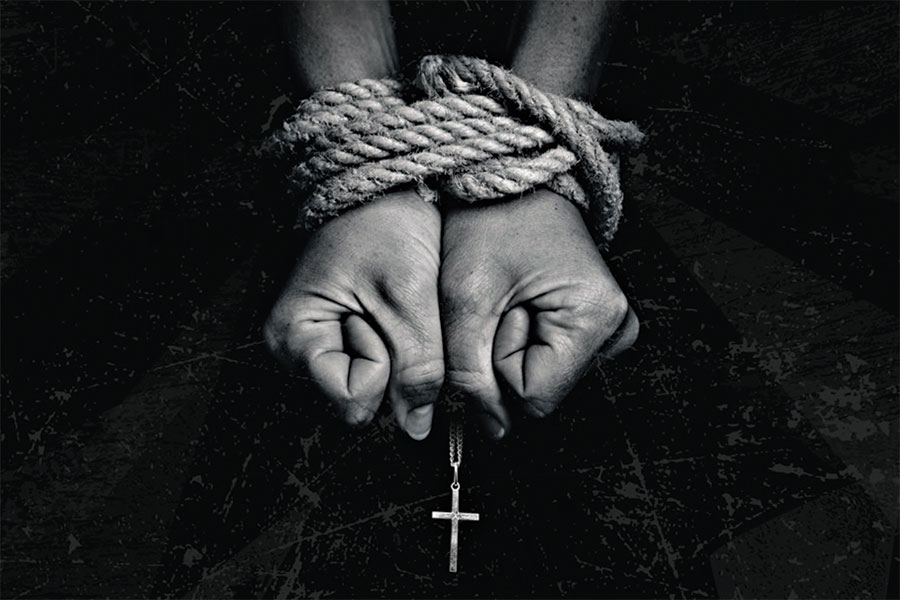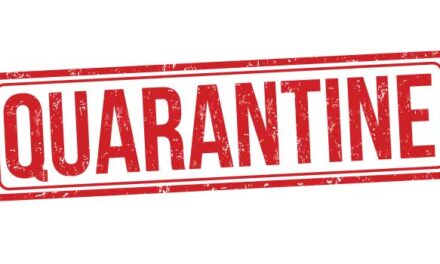EDINBURGH, Scotland, July 30, 2020 (LifeSiteNews) ― The Catholic Bishops’ Conference of Scotland fears that the country’s proposed new “hate crime” legislation could criminalize the possession of a Bible or the Catholic catechism.
In a submission to the Scottish government on the Hate Crime and Public Order (Scotland) Bill, the Scottish Catholic bishops said they were concerned that the creation of new offenses within the multi-part legislation would impinge on civil liberties. Two of the proposed new offenses include “stirring up hatred” and “possession of inflammatory material.”
The provisions of the “stirring up hatred” offense are twofold yet imprecise. First, the behavior or communication must be threatening, abusive or, in the case of race, insulting. Second, either the actor must “intend” to stir up “hatred” against a protected group, or there is a “likelihood” that his or her behavior or communication will stir up “hatred” against a protected group. The bishops objected that the definition of “hatred” is so unclear it is open to “a wide interpretation.”
“The proposed threshold for an offence under the stirring-up provisions might be considered disproportionately low,” the bishops wrote.
They then provided a surprising hypothetical example: a group accusing a transgenderist of stirring up hatred against them for their biological realism.
“For example, A might disagree with B’s belief that a biological male cannot become a woman. A might even go so far as to say that B is ‘talking nonsense,’ and that he is ‘transphobic’ and say so either in person or on a social media platform such as Twitter. The term abusive means offensive or mistreating, and should B feel offended, the first case is met,” the bishops wrote.
“In terms of the second test, a group of people accompanying B deem the comments to be an intention to stir up hatred against them as a group, and thus the second test is met.”
They then stated that A’s behavior should not be criminalized and that criminal behavior should not be determined solely on “the subjective.”
“The test must be stronger and allow the law to be consistent and not forever stretched in multiple ways to meet the capricious sensibilities and mores of the current culture and public opinion,” they wrote.

The bishops more clearly defended the rights of Catholics and other Christians to publicly profess their beliefs in Scotland when they addressed the proposed new offense of possessing “inflammatory material.”
“We are also concerned that Section 5 of the Bill creates an offence of possessing inflammatory material which, if taken with the low threshold contained therein, could render material such as the Bible, the Catechism of the Catholic Church and other texts such as Bishops’ Conference of Scotland submissions to government consultations as being inflammatory under the new provision,” they wrote.
This time, the bishops offered as their example their own submission to the government on its proposed reform of the Gender Recognition Act 2004. In their submission, they had explained that the Catholic Church teaches that sex and gender are not “fluid and changeable” and that “male and female are complementary and ordered towards the creation of new life.”
“Such pronouncements, which are widely held, might be perceived by others as an abuse of their own, personal worldview and likely to stir up hatred,” they warned.






Recent Comments